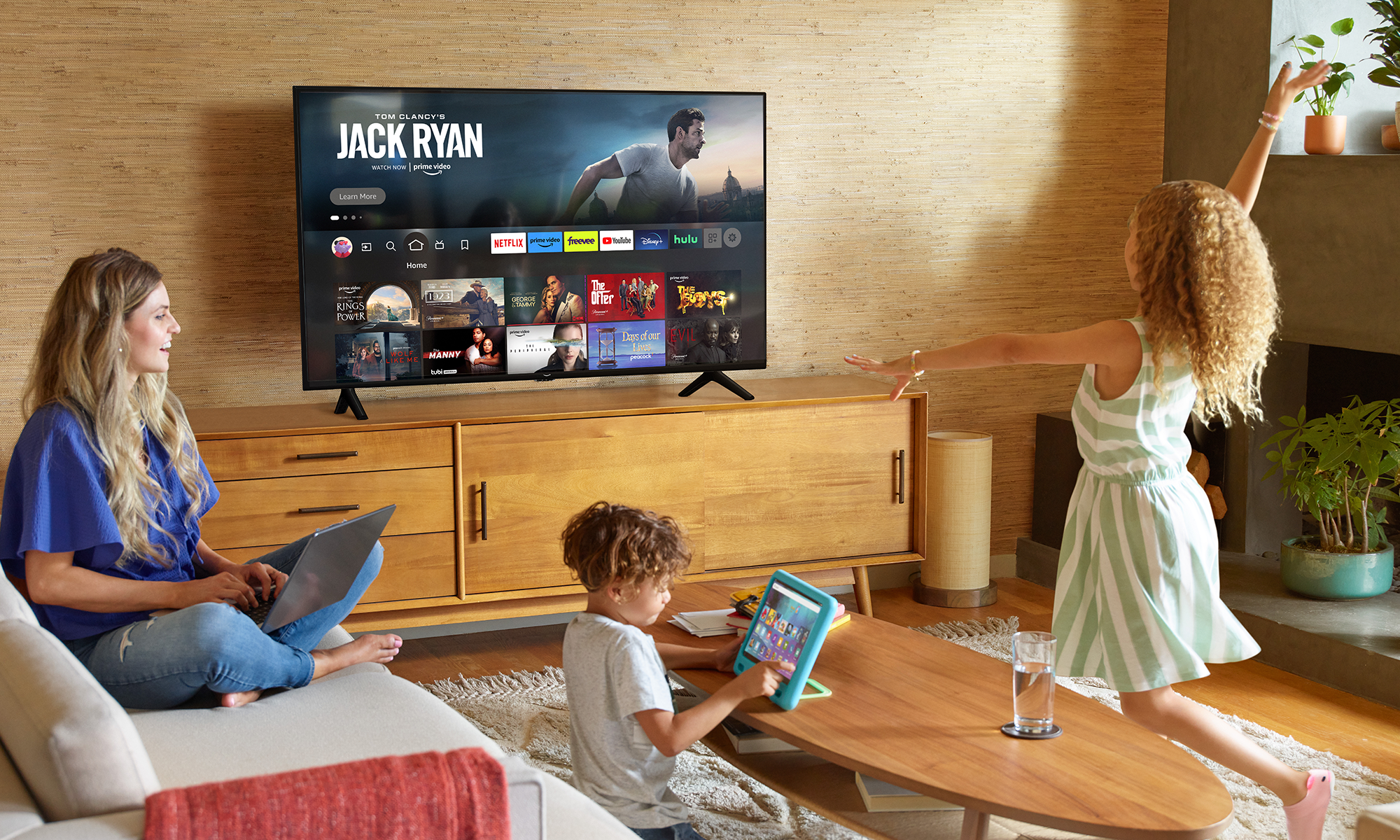
The cable industry is overflowing with business problems. Potty-mouthed Comcast (NASDAQ: CMCSA) service reps stand shoulder to shoulder with near-impossible cancellation policies. The industry is trying to consolidate for all the wrong reasons. And from a global perspective, Americans pay exorbitant monthly fees for Internet services and TV packages of mediocre quality -- at best.
The list goes on, and any of these issues might have qualified as an industry killer in many other sectors. But for the American cable industry, it all boils down to one terrible practice: Defending an obsolete business model.
That's right. Comcast, Time Warner Cable (NYSE: TWC), and Charter Communications (NASDAQ: CHTR) are betting the farm on a dying business. Hitched to an antiquated ideal, they put up their dukes to defend its fading honor. If the cable companies weren't constantly nailing their core business plans to the perch, they'd be pining for the fjords.
In other words, this industry needs to stop making buggy whips and move on to building gas stations -- or just building the roads. Fighting for a doomed business model will get them nowhere in the long run.

Image source: Time Warner Cable.
But it's working -- right?
Look, I get it. The TV broadcasting game has been very good to the cable giants. Telecoms have started making inroads with Internet-based fiber networks that can deliver a comparable TV service, but the cable guys still stand unopposed almost everywhere. With no significant competition to speak of, these services produce fantastic profit margins and copious cash flows.
And there's still some life left in the old horse. For example, TV services accounted for 58% of Comcast's consumer revenue in 2014. That's down just a couple of percentage points from the 60% recorded in 2012. So the TV business hasn't expired yet.
Meanwhile, and in spite of the inroads fiber-wielding telecoms are making into the TV market, all of the major cable companies have managed to grow their total sales faster than telecom giants AT&T and Verizon.
Investors have taken this as proof of a solid business. Verizon and AT&T have underperformed the market in the same three-year period, while every one of the cable companies mentioned has at least doubled the S&P 500 's gains.
Market-crushing returns and healthy sales -- what am I complaining about? Well, I bet the buggy-whip moguls felt just fine when the first automobiles hit the market, too. But that all changed when the new technology gained traction, alongside Henry Ford's innovations in manufacturing technology creating great economies of scale and driving down consumer prices. Buggy whips quickly became a niche item for hobbyists and collectors. Investors and fortunes tied to the old model were wiped out as quickly as Detroit created their replacements.

Did we go too far down memory lane?
For a somewhat fresher example, consider the way Amazon.com (NASDAQ: AMZN) made a mockery of bricks-and-mortar bookstores with its low-cost online model.
Amazon started small in 1993, but its growth was (and still is) relentless. By 2003, the fledgling online bookstore had eclipsed the annual revenues of all its traditional rivals.
Now, Amazon didn't exactly kill all of the old-line book sellers along the way. While Borders filed for bankruptcy and closed all of its stores, both Barnes & Noble (NYSE: BKS) and Books-A-Million, Inc. (which is in the midst of being taken private) soldier on.
Why did some bookstore chains survive while others started pushing up daisies? Because they were able to change with the times. Barnes & Noble partnered up with technology giants early on, launching the Nook lineup that keeps the company relevant even today. Books-a-million has carved out a niche for itself as a used bookseller, even offering to buy used books from customers. Borders did nothing to embrace the future.
What Comcast should learn from recent history
The survival lesson should be fairly obvious here. Unlike the megabanks that power the economy, "too big to fail" is not a real concept among retail stores and consumer services. New challengers destroyed the old-style bookstore; another digital revolution is already disrupting the TV market.
The longer Time Warner Cable and Comcast cling to their TV-centric traditions, the faster they will die. The best way forward is to accept the new reality, stop trying to bundle TV services with every sale, and become a vendor of simple Internet connections.
If that sounds like market suicide, I suppose it is. Going that route would spell the end of today's fat profit margins, and would require these titans to draw up entirely new roadmaps to the future.
It means competing in a fair market, where details like pricing, features, and service quality matter more than gerrymandered market maps and artificial limits to true competition. It's a terrifying future for an industry accustomed to cushy margins and monopoly-like market power.
Nobody leaves, because there's nowhere to go. That won't be the case for much longer, undermining the last vestige of what works for the cable guys today.

I'm not saying that Barnes & Noble is a model of vitality, or that a similar transition for the cable industry will be easy. But if Time Warner Cable, Charter, and Comcast want to remain relevant at all over the next ten years, and to have a fighting chance at bouncing back from the rock bottom they're about to hit, then they will just have to swallow that bitter pill.
TV viewers are not abandoning their time-worn cable systems by the millions quite yet, but there's already a groundswell lifting up a new age of digital entertainment services. Americans have started cutting the cord, and that trend will only accelerate from here. And when the traditional TV market reaches its final tipping point, the crash will be quick and epic.
Afterwards, I'll be happy to look through the wreckage for signs of recovery, and I'll be ready to invest in the best and smartest Internet pipe operators. But the TV focus has to go first.
The cable industry is fighting a losing battle. Defending that decrepit cable TV model is the worst thing that's happening in this industry today.
Editor's Note: This article originally stated that Books-A-Million, Inc. had filed for bankruptcy alongside Borders. The article has been corrected to reflect the fact that it has not filed for bankruptcy and is currently in the process of being taken private.











